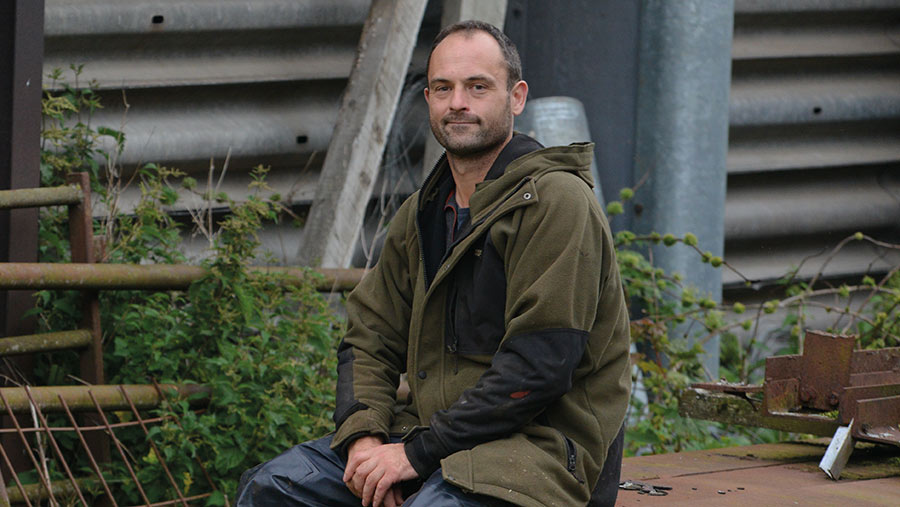Farmer Focus: TB clear but fear of inconclusives remains
 © Michelle Scott
© Michelle Scott Now in March, we’re beginning to see signs of spring. We recently carried out the standard four-year TB test on all our breeding cattle, and I’m very glad to report that this year was all clear.
Being in Scotland, which is certified TB-free, the fact all our bulls come in as embryos and we have no bought-in stock means the test should be a relatively stress-free procedure.
However, our previous test did not go to plan, resulting in four false positive results: one reactor and three inconclusives.
See also: Find all our advice on TB at our online hub
While awaiting the culture results from the reactor, we had to retest the whole herd, giving two more inconclusive results.
We made the difficult decision to voluntarily slaughter these animals, but obviously we continued to be shut down to movement while cultures were developing.
Thankfully, all animals slaughtered came back negative on the cultures and we were opened again.
After speaking with others about these false positives, it became apparent that it is not uncommon in the area, with others having run into similar problems.
Having had this anxious experience, any further TB testing is sure to come with a level of stress and worry as we wait for the process to finish.
The results we had four years ago made for a really difficult situation for us at the time.
I can empathise with farmers in TB areas that continually have to go through this process, knowing that their chances of being shut down are high, along with the disappointment of losing what seem like healthy animals to the disease.
However, I fully appreciate that testing in Scotland is still very important so that we can continue to be TB-free.
The past couple of weeks I have been off-farm for two different discussion group farm visits.
I enjoy meetings when they involve a visit to another farm. The farms we saw were all low-input units with respectable output, which made them interesting.
I have taken away a few things to implement to improve our system. Often at these groups, I pick up as much from the discussion with fellow farmers, enjoying that even more so over a drink.
Sometimes it’s the simplest idea that makes a job more efficient.

